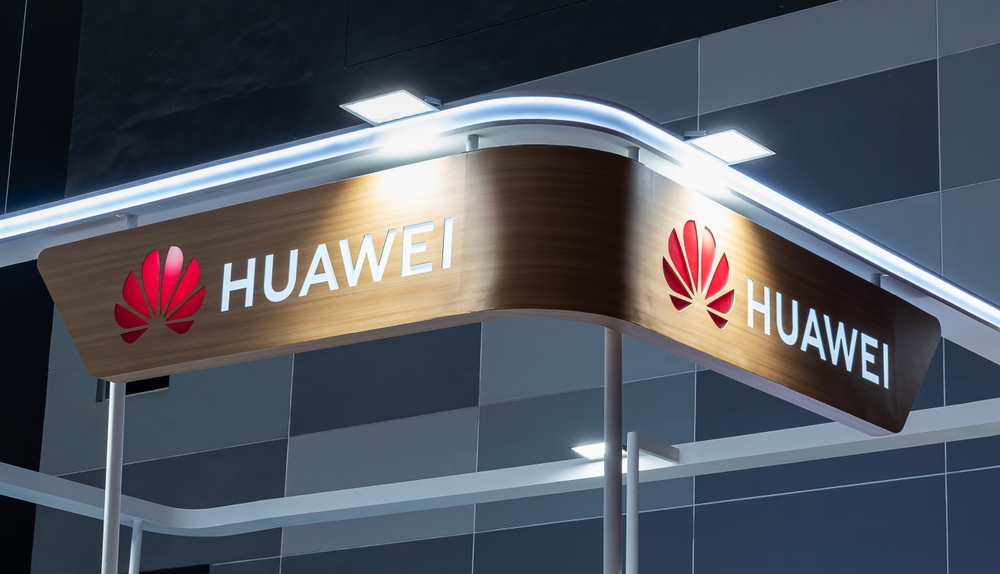Public backlash reveals rising pressure in China’s AI race
Huawei’s usually silent AI research arm, Noah’s Ark Lab, broke protocol over the weekend to reject allegations of code plagiarism linked to its new AI model, Pangu Pro MoE. The model, designed to run on Huawei’s proprietary Ascend chips, came under scrutiny after a GitHub group named HonestAGI claimed it contained uncredited code fragments. Though the original post was deleted, a follow-up titled Pangu’s Sorrow accused Huawei’s team of lagging behind domestic competitors and facing internal pressure to deliver results.
In a rare public response, Huawei strongly denied any wrongdoing, asserting it complied fully with open-source license terms. The company emphasized its openness to technical dialogue but criticized baseless speculation. The statement marked a notable deviation from its usual stance and underscored how high tensions are running in China’s increasingly competitive AI race.
Huawei under fire as rivals pull ahead
The backlash comes as Chinese tech giants like Alibaba and DeepSeek gain momentum in the AI sector, drawing investor attention and making rapid advances. Once a flagship of China’s self-sufficiency in tech, Huawei now finds itself publicly defending its position not just on performance, but on ethics and transparency. The reputational stakes are rising fast as AI models become more powerful—and more scrutinized.
This incident spotlights broader challenges across China’s sovereign AI landscape. Intellectual property compliance, code transparency, and the pace of innovation are emerging as key battlegrounds. With so much global visibility and investor money at stake, how AI firms handle such controversies could significantly shape their long-term credibility.
Implications for global AI investors
For global investors tracking the AI value chain—from upstream chipmakers like Nvidia to downstream players like Tesla—Huawei’s situation sends a strong message. Competitive edge now demands more than performance metrics. Timely delivery, fair practices, and trustworthiness are becoming non-negotiable in a rapidly evolving and publicly scrutinized industry.
As China’s AI ecosystem matures, internal disputes and external pressures will increasingly play out in public. And for companies hoping to lead in the next era of AI, how they manage these reputational flashpoints may prove just as important as their technological breakthroughs.


